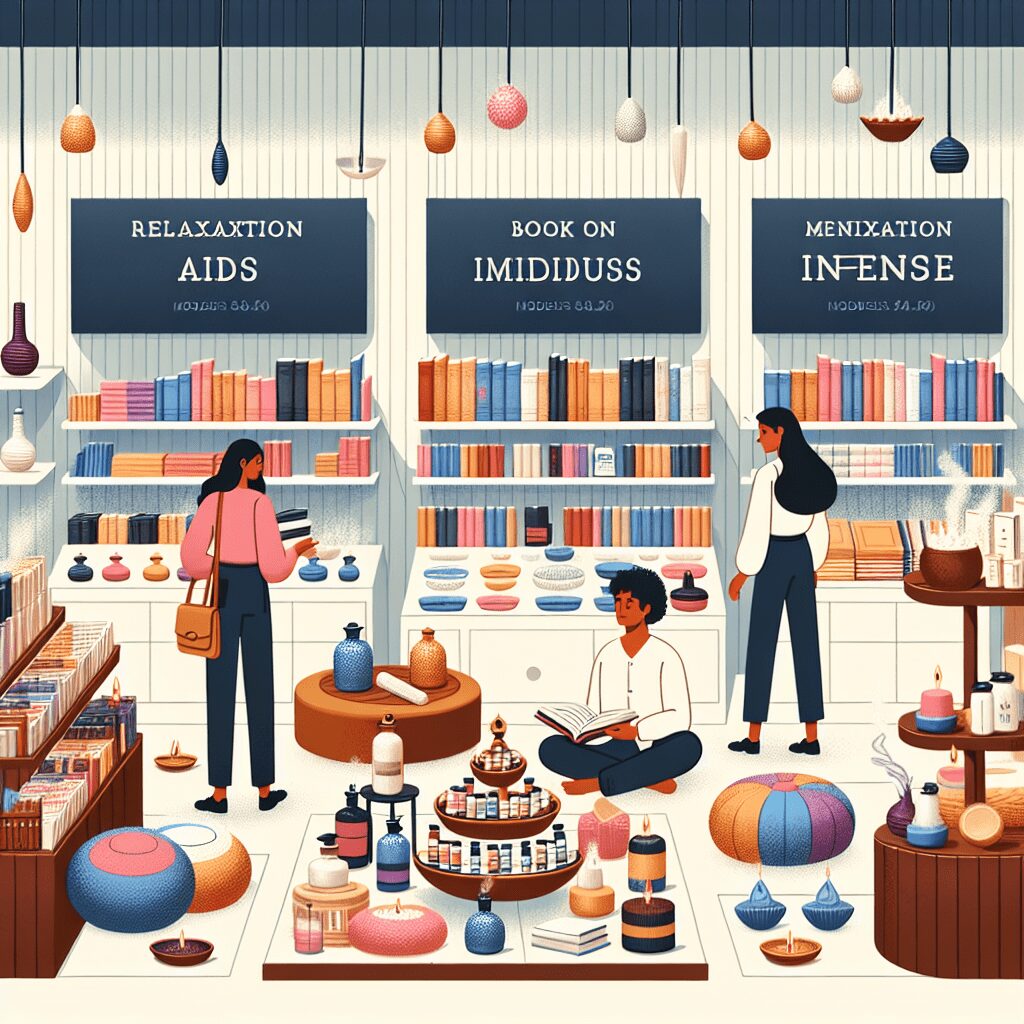
Prioritize your mental well-being daily. Enhance your life by nurturing your mental health with the Smart Meditation app. Break free from stress, alleviate anxiety, and enhance your sleep quality starting today.
How Do You Get Social Anxiety?
Unraveling the Enigma of Social Anxiety
Navigating the rough seas of social interaction, for some, can be akin to steering a dinghy through a tempest. While a vast majority manage to find their sea legs, others grapple with a formidable adversary—social anxiety. But ever wondered what throws these folks overboard? Buckle up, as we dive deep into the mysteries of social anxiety, unraveling its origins and offering a beacon of hope for those adrift.
The Genesis of Social Anxiety: A Mosaic of Factors
Contrary to the common misconception that social anxiety is merely a case of nerves or shyness, it’s actually a complex brew, concocted from a variety of ingredients. Let’s sift through some of the key players pulling the strings from behind the curtain.
-
Genetic Blueprint: Yep, you got it! The apple doesn’t fall far from the tree. Research suggests that if your family tree includes members who’ve battled with anxiety, you’re more likely to inherit this unwelcome heirloom. While not a guaranteed outcome, genetics can certainly up the odds.
-
Brain Chemistry & Structure: It’s all in your head—literally. Abnormalities in neurotransmitters, those chemical messengers zipping across your brain, play a pivotal role. Add to the mix certain quirks in the brain’s structure that govern fear and anxiety, and voilà, you’ve got a cocktail for social anxiety.
-
Childhood Shenanigans: Ah, the salad days! Turns out, experiences in your formative years wield significant power. Bullying, familial discord, overprotective guardians—you name it. These can sow the seeds of social anxiety, which might bloom later in life.
-
Societal and Cultural Pressures: Ever felt the weight of the world’s expectations on your shoulders? Societal norms and cultural dimensions can amplify anxieties, especially in environments where conformity is the name of the game and any deviation is met with a critical eye.
Navigating Through the Fog: Pathways to Aiding Those Adrift
So, you’ve identified with some of the factors contributing to social anxiety. What next? Here’s where you hoist the sails and chart a course towards calmer waters.
-
Therapy, Ahoy!: Cognitive Behavioral Therapy (CBT) has been the North Star for many. It aids in identifying and challenging distorted perceptions, eventually enabling individuals to tackle anxiety-inducing situations head-on.
-
Pharmacological First Aid: In certain cases, medication can serve as a life jacket, providing temporary relief and making therapy more effective.
-
Building Social Stamina: Practice makes perfect, or at least better. Engaging in structured social interaction can gradually desensitize the anxiety. Start small—perhaps a chat with a barista—and gradually up the ante.
-
Mindfulness and Relaxation Techniques: Learning to anchor oneself in the present through mindfulness can help calm the raging storms of anxiety. Techniques such as deep breathing and meditation can offer solace in turbulent times.
The Horizon is Bright
Embarking on a journey to confront and tame the tumultuous waves of social anxiety is no sinecure. It’s akin to learning to navigate using the stars in an era dominated by GPS—challenging, yet profoundly rewarding. Remember, the goal isn’t to sail into a life devoid of anxiety but to learn to stay afloat and sail adeptly through the storms. With a compass of understanding and the right navigational tools, finding your way to calmer seas is within reach.





